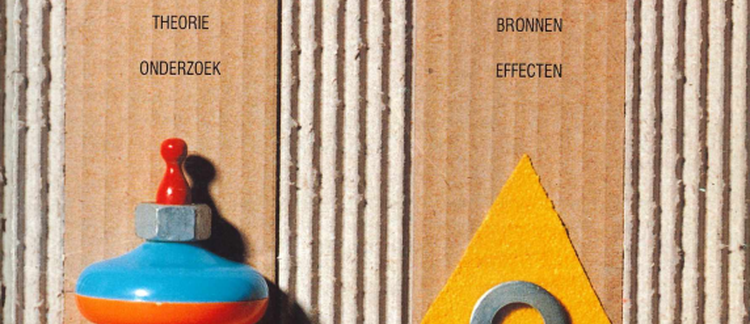Abstract
Associational life is generally considered an important aspect of social capital. In this article we argue that, in the Nicaraguan context, trust, reciprocity and cooperation are not necessarily linked with formal organisational patterns. Getting a grip on both the structure and the content of social capital implies studying informal relations and networks. The article highlights how informal patterns can influence the functioning and performance of development projects. Based on the evaluations of several development projects, two rural communities (Nicaragua) were investigated on their informal support networks. Since peasants regularly need extra labour force on the field, the research focuses on how these needs are dealt with. The different transactional mechanisms found in the field indicate a variety of informal patterns. Furthermore the data suggest that villages can differ greatly in displaying dominant mechanisms. Informal labour-exchange mechanisms can give a good (though partial) indication of social capital in both villages.
How to Cite:
Molenaers, N., (1999) “Sociaal kapitaal en de performantie van lokale ontwikkelingsprojecten: twee Nicaraguaanse dorpen van dichterbij bekeken”, Tijdschrift voor Sociologie 20(3-4), 501–527. doi: https://doi.org/10.21825/sociologos.86485
Downloads:
Download PDF
View PDF


